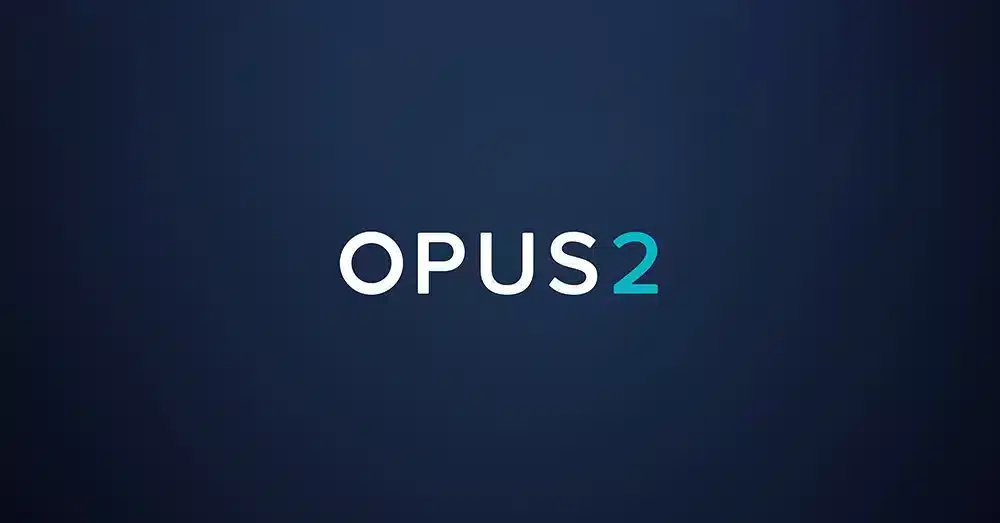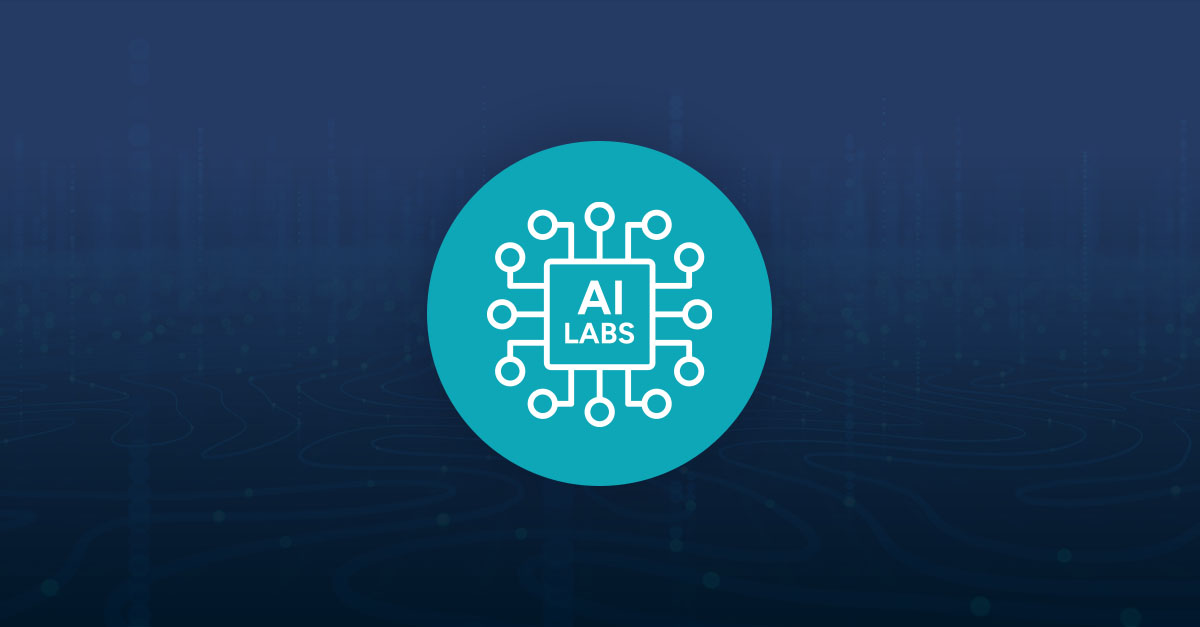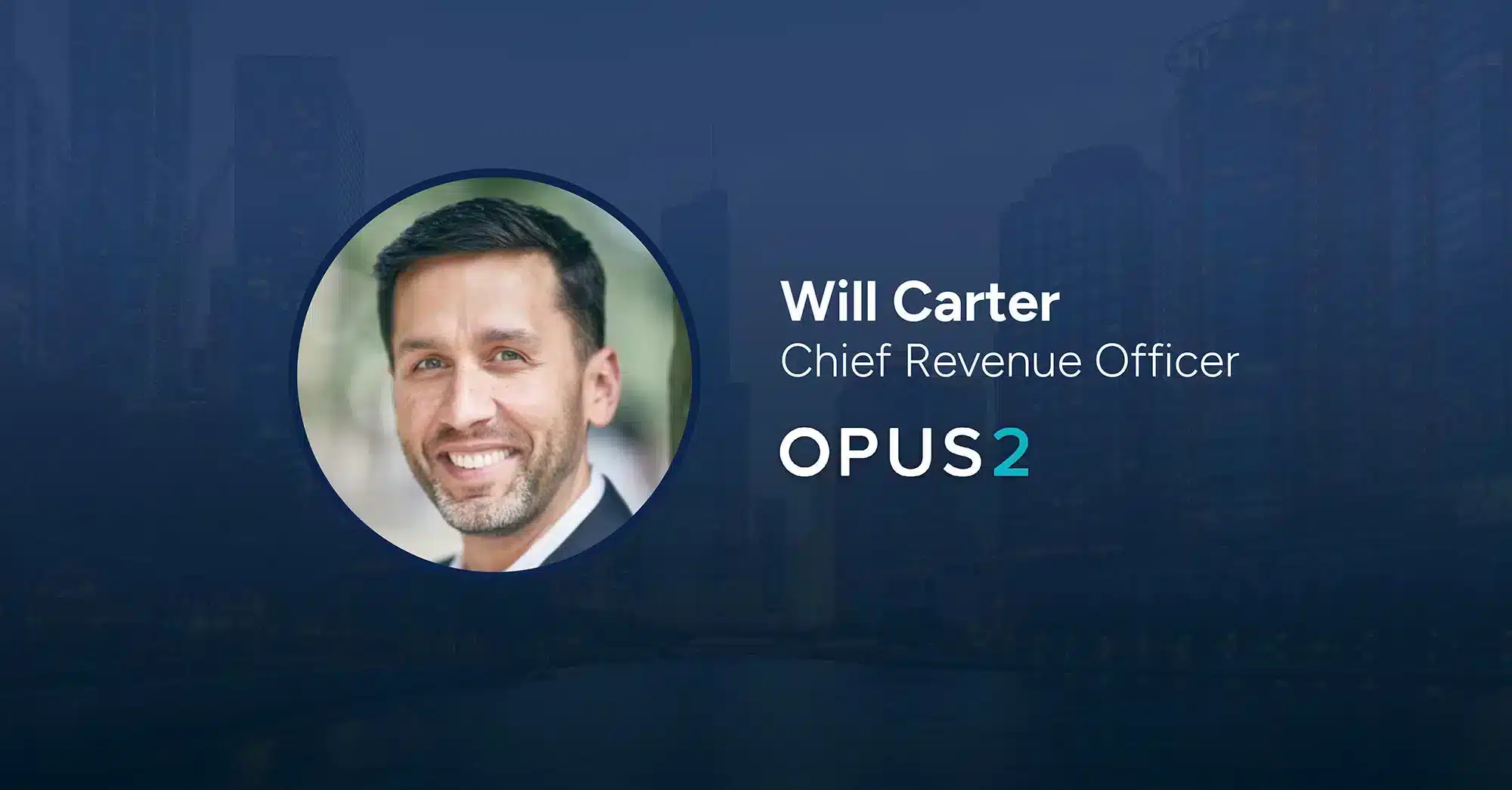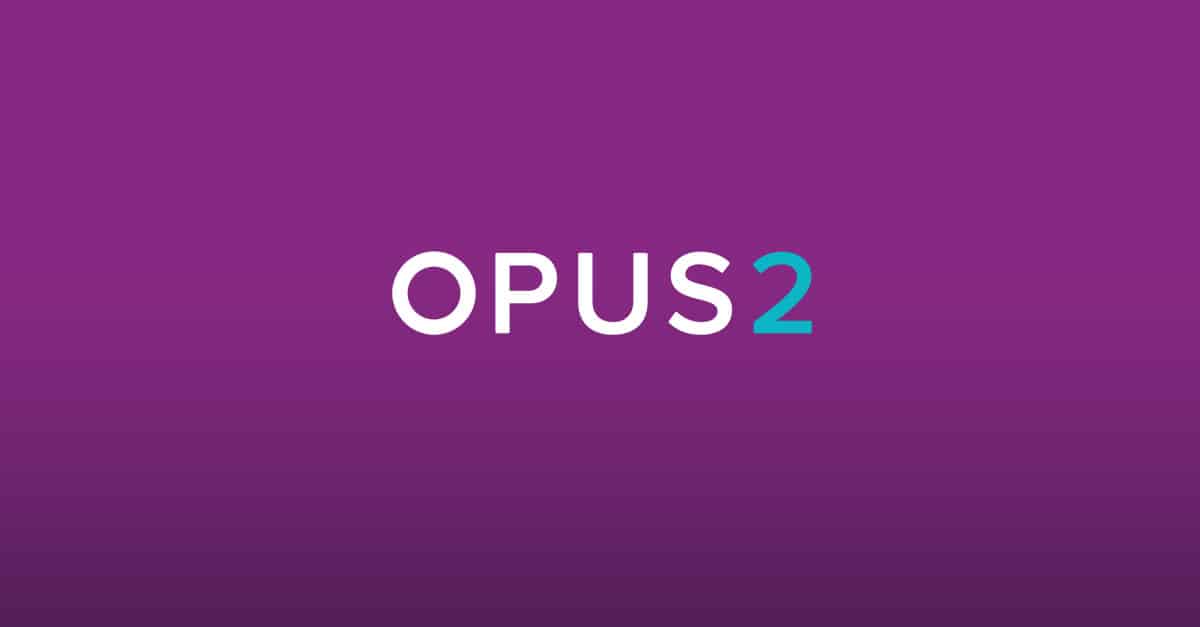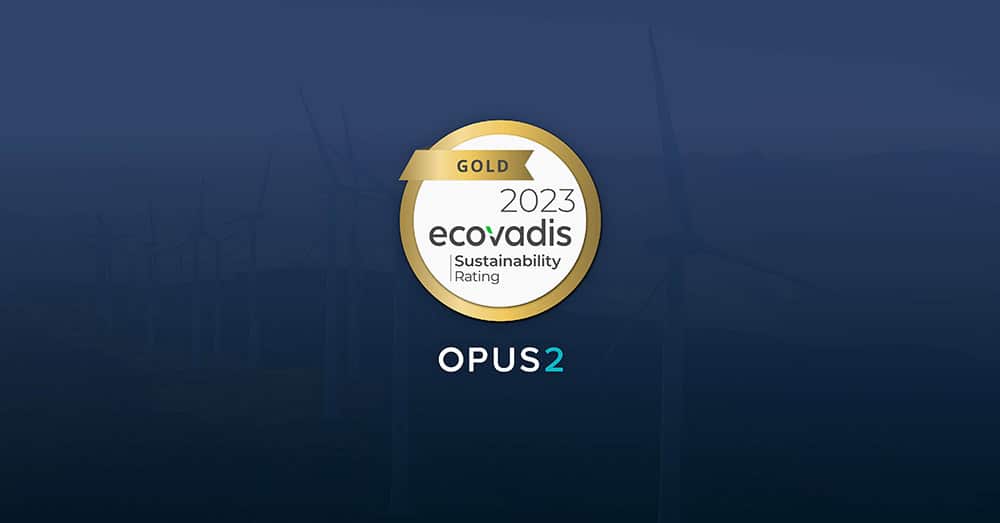Keeping up with the litigation landscape could be a full-time job. And it’s hard to find the time. But here, in a few minutes, you can quickly scan summaries of the latest litigation news from around the world. From there it’s up to you – you can read on, or move on with your day.
January-February 2024 litigation news
– Global Disputes Forecast 2024 published
– Open AI’s motion to dismiss claims in two class actions partially granted
– Insight on how Am Law 100 firms are using generative AI
– Lexis Nexis publishes report into lawyers’ use of AI in the UK
– Bar Council’s IT Panel issues considerations for using ChatGPT and generative AI

Global Disputes Forecast 2024 published
Baker McKenzie – 24 January 2024
Against the backdrop of global economic stagnation, geopolitical conflict, and the breakthrough of generative AI, Baker McKenzie has published The Year Ahead: Global Disputes Forecast 2024. The analysis is based on surveys from 600 senior disputes lawyers at corporations with annual revenues of over $500 million, in the UK, US, Singapore, and Brazil.
Key takeaways from the report include:
- 73 percent cited ESG disputes as a risk, with greater importance placed on environmental and governance disputes.
- Just 16 percent are fully confident or very confident in their level of preparedness for litigation, with only 7 percent being very confident in finding the right services (such as document review, legal project management, and transcription) for litigation or arbitration support.
- 94 percent are concerned about an internal or external investigation. This was consistent across all geographic locations and industries. Investigation types presenting the most risk include:

Open AI’s motion to dismiss claims in two class actions partially granted
Global Legal Post – 15 February 2024
A judge in the Northern District of California has partially granted a motion by Open AI to dismiss two class action lawsuits filed against it by authors, who allege their copyrighted works were used to train OpenAI’s language models that operate ChatGPT “without consent, without credit, and without compensation”.
Here’s what you need to know:
- The judge determined that the authors failed to prove a “substantial similarity” between their copyrighted works and ChatGPT’s output.
- The judge dismissed the allegation that OpenAI created derivative works – ChatGPT outputs – and distributed them without copyright management information because the authors had not alleged that OpenAI had distributed their books or copies of their books
- The judge concluded that the unfair competition portion of the claim could proceed, on the assumption that the authors’ allegations were true; that OpenAI used the author’s copyrighted work to train their language models for commercial profit, which “may constitute an unfair practice”.
Commenting on the case in an article for the Global Legal Post, Jennifer Mauri, senior associate at Michelman & Robinson, highlighted that anyone alleging direct or vicarious copyright infringement “must allege more than just a blanket statement that the outputs from the AI are a derivative infringing work”. However, she acknowledged that the court’s order did not let ChatGPT “off the hook” for using copyrighted works. She went on to say that the issue of potential liability for use of copyrighted works by AI software companies remains “very much an open question”.

Insight on how Am Law 100 firms are using generative AI
Legal Tech News – 29 January 2024
Certainly, no litigation news roundup would be complete without the latest in generative AI. While headlines on the topic abound, data insights about the practical application of generative AI have been harder to come by. Helpfully, the American Lawyer asked the Am Law 100 about their use and management of generative AI and created a three-part series to share the responses.
Each part explores a different topic:
- Part 1: Current AI use cases
The most common use cases are summarising documents and generating transcripts, as well as legal research, followed by drafting marketing materials, and drafting legal materials. - Part 2: Client data management practices
While the majority of firms stopped short of allowing lawyers to input client data into the tools, the discussion of whether and how client data is fed into generative AI tools is ongoing. However, “a handful” of firms are testing closed systems with client data, with their client’s consent. - Part 3: Buy, build, or both
Firms must evaluate their options to either buy AI tools or build AI programs in-house. All the firms interviewed are working with third-party tools, but some firms supplement those by developing their own software.

Lexis Nexis publishes report into lawyers’ use of AI in the UK
Lexis Nexis – 12 February 2024
Across the pond, a report published by Lexis Nexis reveals that 26 percent of legal professionals in the UK now use generative AI tools in their work at least once a month. Over 1,200 lawyers and legal support professionals were surveyed in January 2024.
The results indicated that:
- The biggest priorities for using generative AI in the immediate future were:
- Drafting documents – 91%
- Legal research – 90%
- Communication-based tasks – 73%
- Document analysis – 56%
- There is a demand to integrate generative AI with existing platforms, for example, case management software – 50%.
- Expectations vary around changes to pricing as a result of the use of AI. While 62 percent of in-house legal teams say they expect law firms to introduce changes to billing practices, only 18 percent of firms said they would make such changes – despite 42 percent acknowledging that generative AI will reduce overall costs for the firm.

Bar Council’s IT Panel issues considerations for using ChatGPT and generative AI
The Bar Council – 30 January 2024
Sticking with the topic of AI, the Bar Council has issued Considerations when using ChatGPT and generative intelligence software based on large language models (LLMs).
Interesting notes from the report include:
- A caution that while there is nothing “inherently improper” about using AI, barristers should be aware of the risks, including hallucinations, misinformation, and bias in training data.
- An overview of concerns about the “lack of explain-ability” in generative AI systems, making it difficult to understand the internal decision-making processes of systems, and clearly explain their output.
- A reminder that barristers should be “extremely vigilant” not to share any legally privileged or confidential information (including trade secrets) or any personal data with any LLM AI, as it could be publicly shared.
The guidance from the Bar Council follows the recent publication of several other guides on the topic including:
- Artificial Intelligence (AI) Guidance for Judicial Office Holders – by the Judiciary of England & Wales
- Generative AI – the essentials by the Law Society
- Risk Outlook report: The use of artificial intelligence in the legal market by the Solicitors Regulation Authority
In litigation, the ability to quickly gather and understand information is essential. Hopefully, this quick recap of the latest litigation news makes that just a little bit easier for you and your team.
To see future updates, bookmark this page or subscribe below. And, if you’re interested in learning more about how Opus 2 empowers the world’s leading litigation teams, get in touch.


